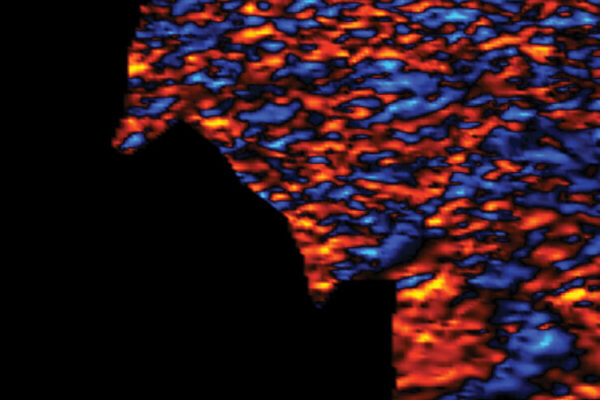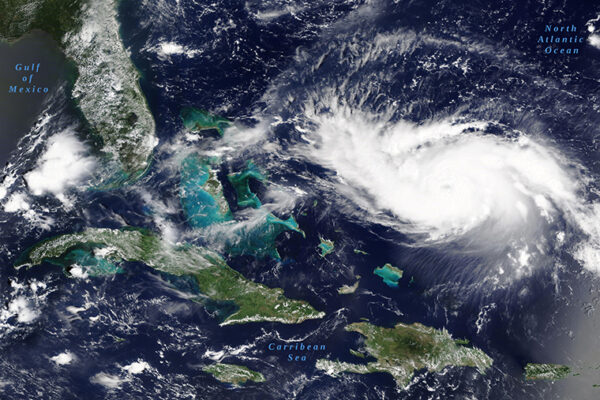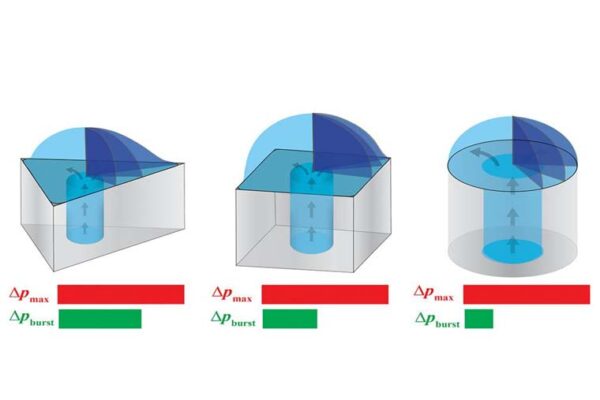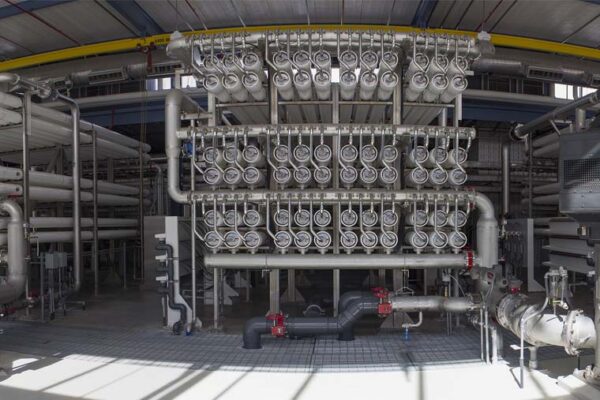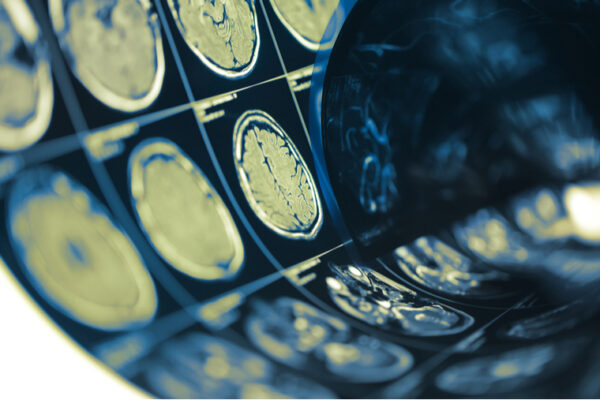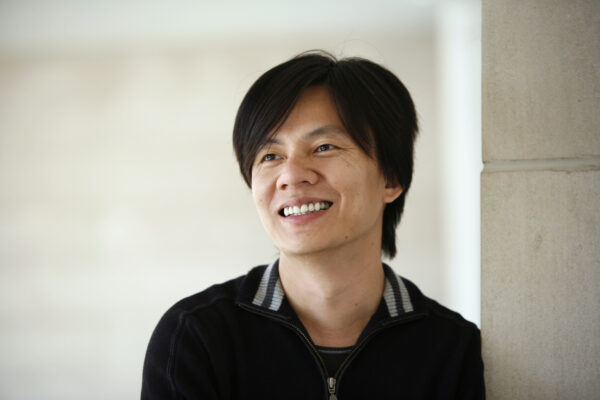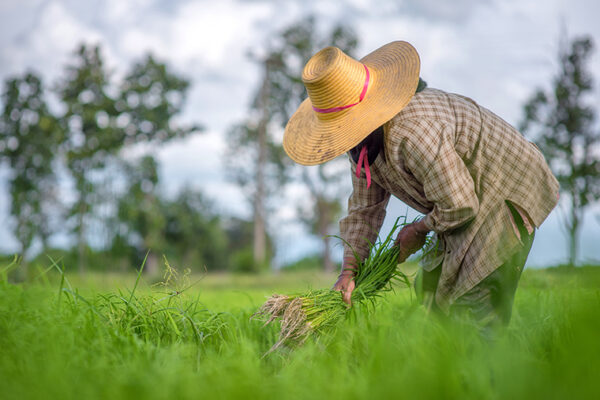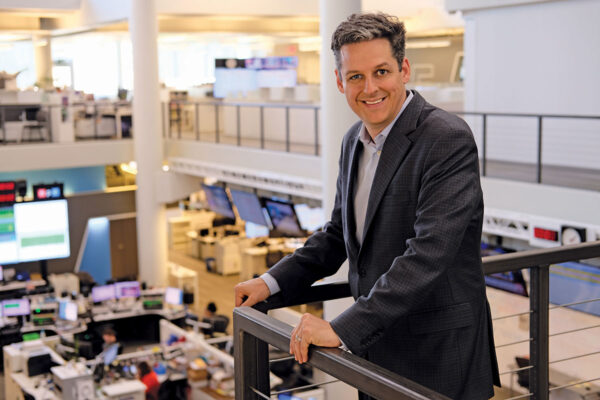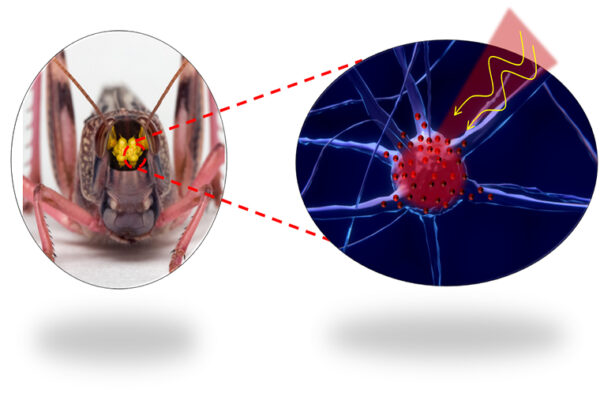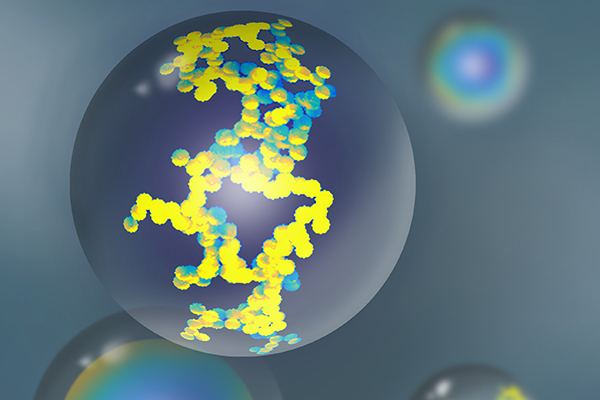The importance of collagen fibers in health
Engineers from the McKelvey School of Engineering at Washington University have shown that the length of collagen fibers has a role to play in the ability of normal cells to become invasive.
Brave new world
Faced with extreme weather events and unprecedented environmental change, animals and plants are scrambling to catch up — with mixed results. A new model developed by Carlos Botero, assistant professor of biology in Arts & Sciences, helps to predict the types of changes that could drive a given species to extinction.
Shape affects performance of micropillars in heat transfer
A Washington University in St. Louis researcher has shown for the first time that the shape of a nanostructure has an effect on its ability to retain water. This has important ramifications for heat transfer, which is important when it comes to performance in small electronics.
Finding new uses for old water
Working with other academic, government, and research institutions, Washington University in St. Louis to help develop desalination technologies and find new uses for old water.
Multi-institutional team to study effects of age, gender on brain injury mechanics
A team of researchers, led by Philip V. Bayly in the McKelvey School of Engineering at Washington University in St. Louis, plans to use MRI to study the brains of healthy, uninjured individuals to create models of brain motion to enable the researchers to predict the chronic effects of repeated head impacts in both men and women.
Finding first principles last: A new control methodology
Using massive amounts of data and a novel computing approach, engineers at Washington University in St. Louis are applying new control methodologies to biological systems.
Hiding in plain sight
Early rice growers unwittingly gave barnyard grass a big hand, helping to give root to a rice imitator that is now considered one of the world’s worst agricultural weeds. The new research from biologist Kenneth Olsen in Arts & Sciences was published this week in Nature Ecology & Evolution.
An online vanguard
Jason Kint, BSBA ’96, is CEO of Digital Content Next, a nonprofit trade organization for digital media companies. He got his start in digital media working on the homepage of the WashU website.
Light-activated nanoheaters may control nerve cells, locust mind
Engineers from the McKelvey School of Engineering want to know if they can use nanotechnology to control neurons and parse the relationship between neural activity and behavior and disease.
Chakrabarty wins Schmauss award for aerosol research
Rajan Chakrabarty, assistant professor of energy, environmental and chemical engineering at the McKelvey School of Engineering, received the 2019 Schmauss Award from the German Association for Aerosol Research (Gesellschaft für Aerosolforschung) at the European Aerosol Conference in Gothenburg, Sweden.
Older Stories
